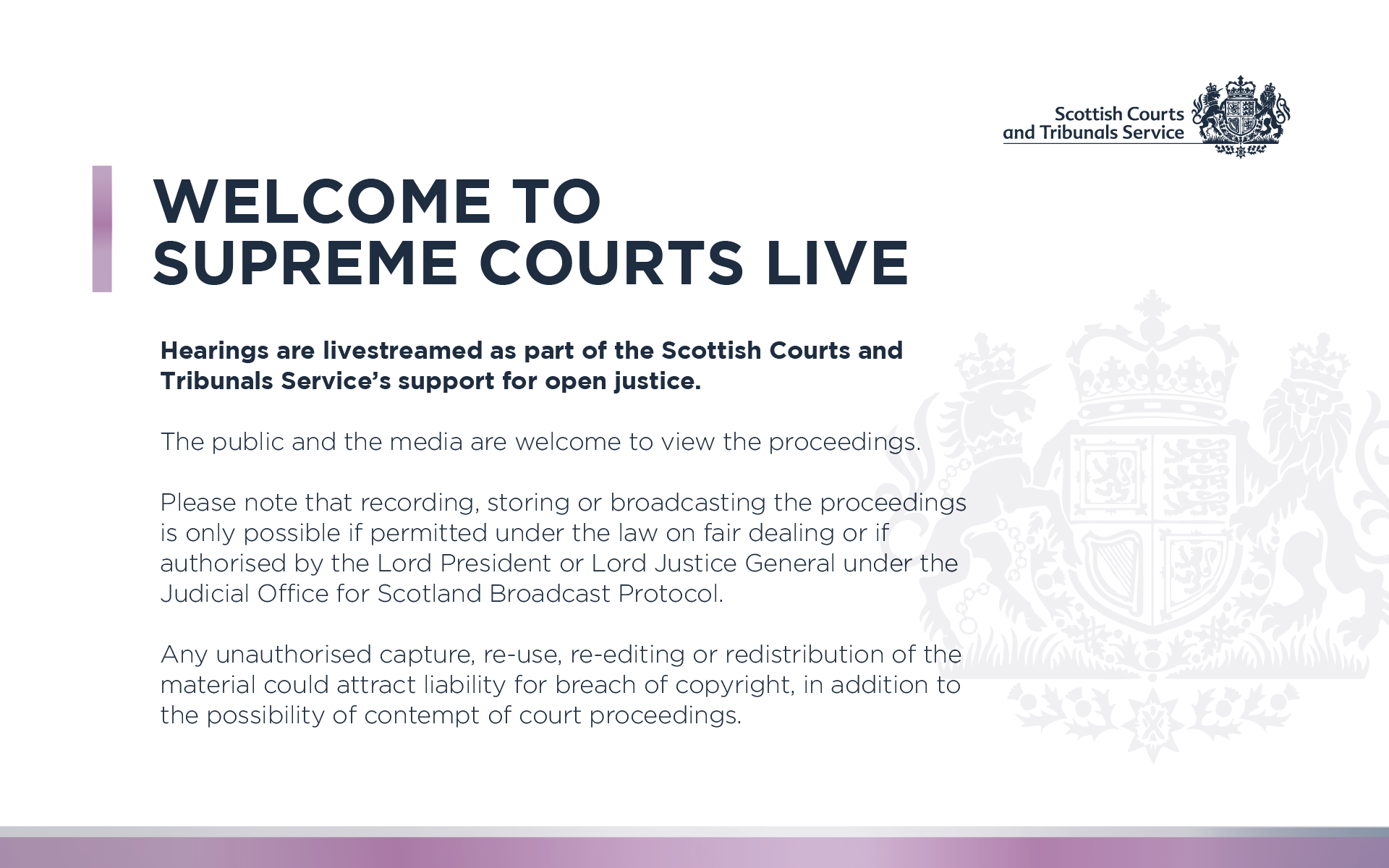Case description
The appellants were the subject of complaints regarding their conduct and service while instructed in relation to a professional negligence claim between 2015 and 2017. Five issues were referred as conduct complaints to the Law Society of Scotland and another four were investigated by the respondents, the SLCC, as service complaints. These were, first, omission of a key witness statement from papers sent to an expert witness. Second, undue delay in sending papers to a new representative. Third, undue delay in progressing the case. Fourth, failure to make a competent legal aid application. The SLCC’s Determination upheld all four complaints as inadequate professional service. The complainer was awarded £3,000 in compensation and £800 in refund of sums paid.
The appellants appeal on the basis that the SLCC’s decision is vitiated by procedural impropriety, irrationality and error of law.
The procedural impropriety is said to relate to: the complainer being advised of his success by the SLCC prior to the decision; failure to provide the appellants with an opportunity to respond to new matters; and the appellants being precluded from advancing their case due to the illness of their representative, Ms Ram.
The decision is alleged to be irrational in light of the failure to take into account relevant and material matters, the taking into account of irrelevant matters, and the irrational exercise of discretion in the awards made.
- The relevant matters not taken into account are: that the complainer’s case lacked merit; that the appellants’ practitioner paid the complainer £3,600; and that the complainer omitted or failed to disclose certain matters in the context of the legal aid application.
- The irrelevant matters are those which pre-date the appellants’ incorporation as a company and recognition by the Law Society.
- The compensation award exceeded what was fair and reasonable and the appellants never received the sum which was awarded to the complainer as a refund.
Finally, it is argued that the SLCC erred in law in finding that a witness statement was omitted from the expert’s consideration.

